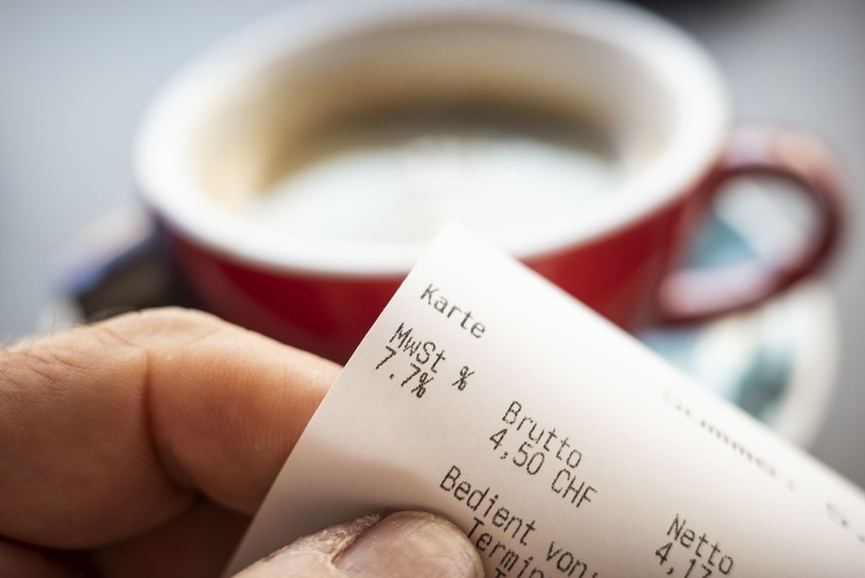Consumer spending continued to rise in the spring, but may dampen as the price of goods picks up. © Keystone / Christian Beutler Switzerland’s economic output slowed to 0.3% between April and the end of June, compared to the first quarter of the year. The manufacturing, construction, trade and financial services sectors all showed signs of weakening in the face of energy shortages and rising inflation. The State Secretariat for Economic Affairs (Seco) reported a slower rate of gross domestic product (GDP) growth than the 0.5% uptick recorded for the first quarter of the year. The lifting of pandemic restrictions boosted the tourism trade and the hotel, restaurant and transport sectors. Consumer spending also picked up during the spring and early summer as
Topics:
Swissinfo considers the following as important: 3) Swiss Markets and News, 3.) Swissinfo Business and Economy, Business, Featured, newsletter
This could be interesting, too:
Eamonn Sheridan writes CHF traders note – Two Swiss National Bank speakers due Thursday, November 21
Charles Hugh Smith writes How Do We Fix the Collapse of Quality?
Marc Chandler writes Sterling and Gilts Pressed Lower by Firmer CPI
Michael Lebowitz writes Trump Tariffs Are Inflationary Claim The Experts

Consumer spending continued to rise in the spring, but may dampen as the price of goods picks up. © Keystone / Christian Beutler
Switzerland’s economic output slowed to 0.3% between April and the end of June, compared to the first quarter of the year.
The manufacturing, construction, trade and financial services sectors all showed signs of weakening in the face of energy shortages and rising inflation.
The State Secretariat for Economic Affairs (Seco) reported a slower rate of gross domestic product (GDP) growth than the 0.5% uptick recorded for the first quarter of the year.
The lifting of pandemic restrictions boosted the tourism trade and the hotel, restaurant and transport sectors. Consumer spending also picked up during the spring and early summer as inflation just started to kick in.
But manufacturing suffered a -0.5% downswing in output, led by the chemicals and pharmaceuticals industries. A -2.1% reduction in trade, -1.7% for construction and a -1.5% reversal for financial services also held back an economic recovery.
In August, the Swiss Bankers Association (SBA) said banks are facing uncertain conditions this year, following strong growth in 2021. Assets under management fell 4.4% between January and the end of June.
“Increased geopolitical risks (not least due to the war in Ukraine), supply chain disruption, rising inflation rates and the return to more restrictive monetary policy” were cited as areas of concern.
Business groups have also expressed concern about rising energy costs and shortages of some important materials.
Household spending may also be impacted by the steadily rising prices of consumer goods. The rate of inflation hit 3.5% in August compared to the same month last year.
For the year as a whole, the Swiss National Bank expects GDP growth of around 2.5%, it said in June.
On Monday UBS bank predicted GDP growth of 2.4% this year, but reduced its 2023 forecast from 0.9% growth to 0.6%.
More: SWI swissinfo.ch certified by the Journalism Trust Initiative
Tags: Business,Featured,newsletter
